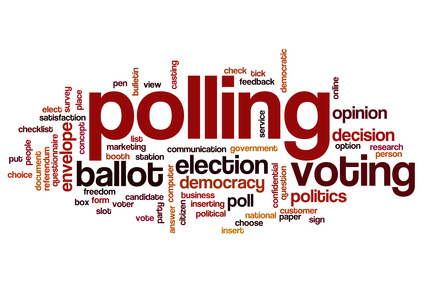Two new polls of Iowa Republicans show Dr. Ben Carson has taken the lead from Donald Trump. Selzer & Co’s latest survey for the Des Moines Register and Bloomberg Politics shows Carson is the first choice of 28 percent of likely Republican caucus-goers, followed by Trump at 19 percent, U.S. Senator Ted Cruz (10 percent), U.S. Senator Marco Rubio (9 percent), former Florida Governor Jeb Bush and U.S. Senator Rand Paul (5 percent each), business executive Carly Fiorina (4 percent), former Arkansas Governor Mike Huckabee (3 percent), Louisiana Governor Bobby Jindal, Ohio Governor John Kasich, and former Senator Rick Santorum (2 percent each), New Jersey Governor Chris Christie (1 percent), and the rest of the field below 1 percent.
Similarly, Quinnipiac’s latest poll of likely Republican caucus-goers found Carson ahead of Trump by 28 percent to 20 percent, followed by Rubio (13 percent), Cruz (10 percent), Paul (6 percent), Fiorina and Bush (5 percent each), and no one else above 3 percent.
Carson is the best-liked candidate among those likely to participate in the Iowa GOP caucuses. Both the Selzer and Quinnipiac surveys found that 84 percent of respondents view him favorably. I’ve posted more excerpts from the poll write-ups after the jump.
Carson is crushing the competition among social conservatives, an important bloc that tends to break late in Iowa caucus campaigns, as Bleeding Heartland guest author fladem discussed here. He has invested heavily in direct mail and leaving copies of his paperback books on Iowa Republican doorsteps, while generally escaping scrutiny from his competitors.
At some point, other candidates who are appealing primarily to the religious right must recognize that their path to relevance in Iowa runs through Carson. Only 22 percent of Selzer poll respondents said their minds are made up; 78 percent could change their minds. I’m curious to see when 2008 winner Huckabee, 2012 winner Santorum, and/or Jindal will start making a case against the surgeon. To be stuck in the cellar after spending substantially more time in Iowa than Carson must be so frustrating.
Cruz may also need to give Iowans a reason not to support Carson. Perhaps some of his Christian conservative surrogates could take on that role. “Opinion leaders” backing Cruz include numerous evangelical clergy, talk radio host Steve Deace, and Dick and Betty Odgaard, the self-styled martyrs to marriage equality in Iowa.
UPDATE: I should have mentioned that Nick Ryan, who led the 501(c)4 group American Future Fund for several election cycles and headed the pro-Santorum super-PAC during the 2012 primaries, signed on earlier this year to lead a super-PAC supporting Huckabee. It might make more sense for that group to go after Carson than for Huckabee to do so directly. Still, the next GOP debate on October 28 would be a good opportunity for rivals to score points against the new Iowa front-runner.

